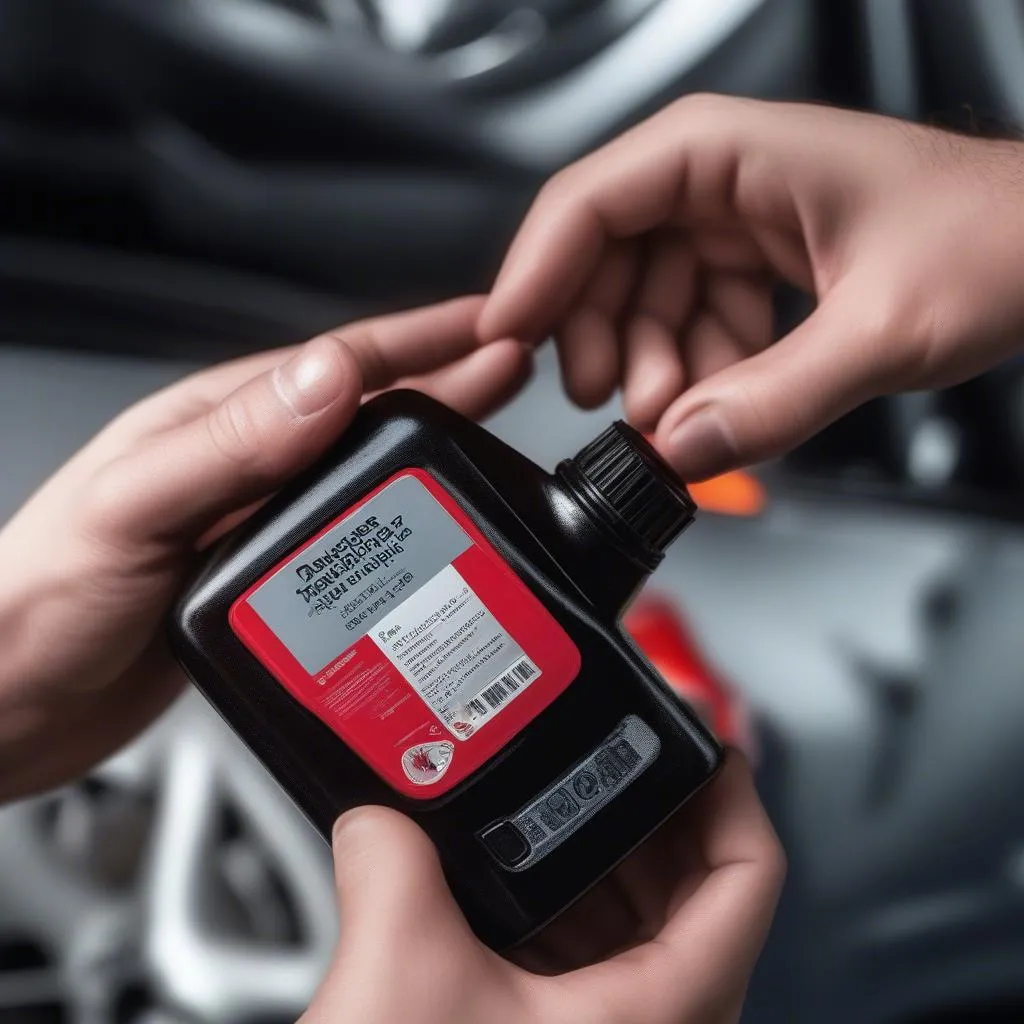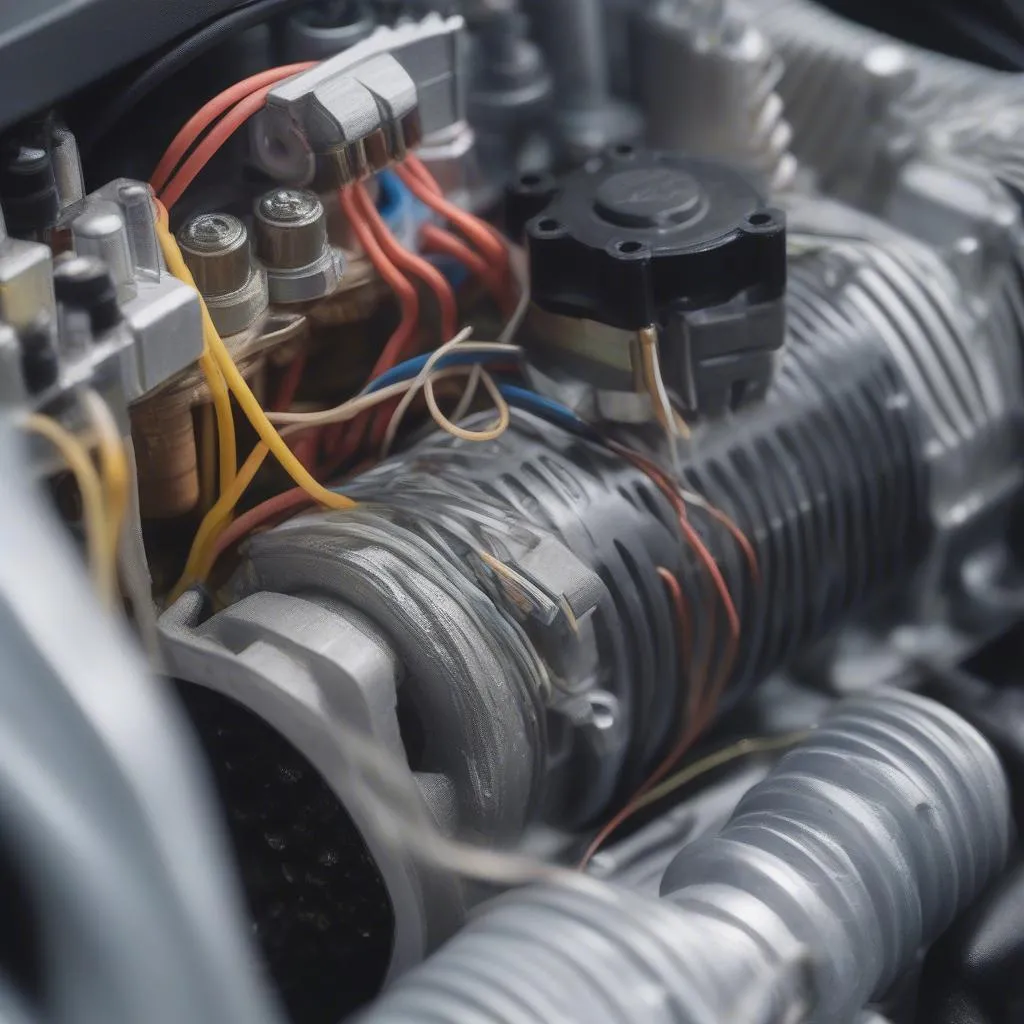Owning a European luxury car like a Mercedes or a Volvo is a statement of style and performance. But when it comes to repairs, are these vehicles equally demanding? This is a question many car owners and enthusiasts grapple with. While both brands are renowned for their engineering, there are some key differences that can make one potentially more expensive to fix than the other.
Let’s delve deeper into the factors that influence repair costs and complexity for Mercedes and Volvo vehicles.
Factors Influencing Repair Costs
Several factors contribute to the complexity and cost of car repairs. These include:
- Brand Philosophy: Mercedes often emphasizes cutting-edge technology, sometimes incorporating complex engineering designs. Volvo, while technologically advanced, leans towards robust and long-lasting mechanics. This difference in approach can impact the complexity of repairs.
- Availability of Parts: Both Mercedes and Volvo utilize specialized parts, some of which might be sourced internationally. The time taken to ship these parts can influence the overall repair duration and cost.
- Labor Costs: Specialized mechanics, often required for luxury brands, might charge higher labor rates due to their expertise and the intricate nature of the repairs.
- Electronics and Technology: Modern vehicles, especially luxury models, are heavily reliant on electronics. Diagnosing and fixing issues within complex electronic systems can be time-consuming and costly.
mercedes-engine|mercedes engine|A photo of a Mercedes engine, showcasing its complexity and intricate design.
Mercedes Repairs: A Glimpse Inside
Mercedes vehicles are known for their sophisticated engineering and advanced technology. While this contributes to a luxurious driving experience, it can also make repairs more complex.
- Complex Electronic Systems: Mercedes incorporates advanced features like air suspension, sophisticated infotainment systems, and a suite of driver-assistance technologies. Troubleshooting issues within these systems often requires specialized diagnostic equipment and expertise.
- Engine and Transmission: Mercedes offers a range of engine options, including powerful AMG engines, which can be more intricate and expensive to repair compared to standard engines.
volvo-engine|volvo engine|A photo of a Volvo engine, highlighting its simple and robust design.
Volvo Repairs: A Look Under the Hood
Volvo focuses on safety and durability. While not lagging in technology, their mechanical design tends to be more straightforward than some Mercedes models.
- Engine Simplicity: Volvo engines, known for their reliability, are often considered easier to work on compared to some Mercedes engines.
- Accessibility: Some mechanics argue that Volvo designs allow for easier access to components, potentially simplifying certain repairs.
Which is Harder to Fix?
The truth is, there’s no one-size-fits-all answer. Determining whether a Mercedes or a Volvo is harder to fix depends on various factors, including:
- Specific Model and Year: Repair complexity can vary significantly even within a brand’s lineup. Older models might have simpler mechanics, while newer ones might involve more electronics.
- Type of Repair: A minor electrical issue might be easier to fix in a Volvo, while a complex engine problem in a specific Mercedes model could be more straightforward.
- Mechanic’s Expertise: A mechanic specializing in European cars, particularly the specific brand, will likely have the knowledge and tools to handle repairs more efficiently.
Diagnostic Tools for Modern Vehicles
Whether you drive a Mercedes, a Volvo, or any other car, having the right diagnostic tools can be invaluable:
- OBD-II Scanners: These tools can read diagnostic trouble codes, providing insights into potential issues with your vehicle’s engine, transmission, and other systems. CARDIAGTECH offers a range of OBD-II scanners suitable for various needs and budgets.


